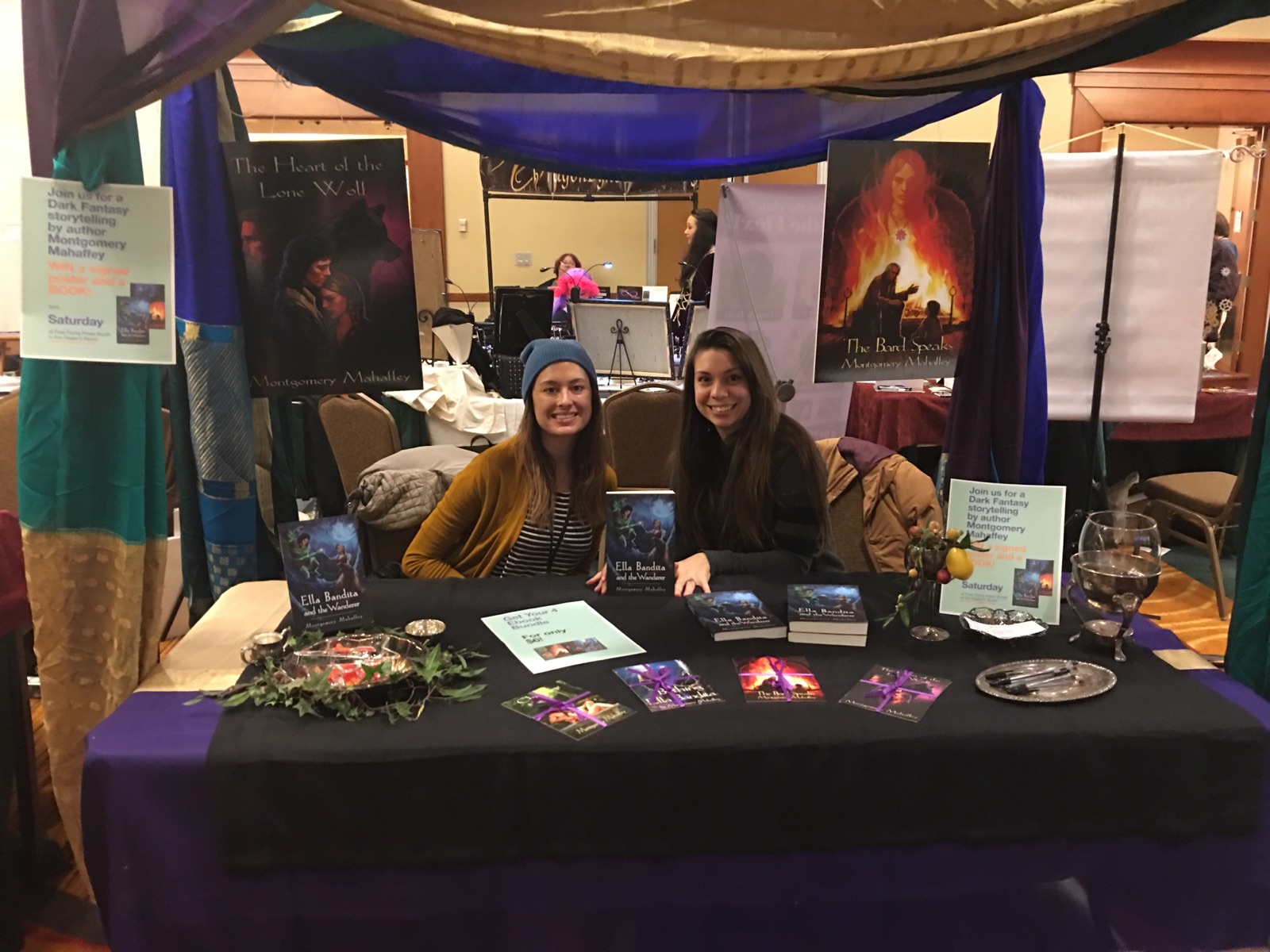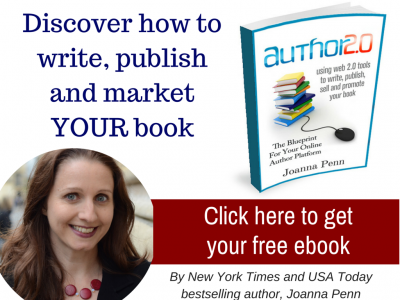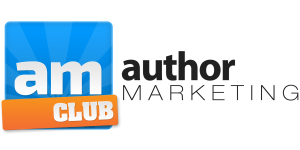How to Use NaNoWriMo to Write a Novel You Can Actually Publish
/NaNoWriMo was established in 1999 to help writers get the damn words out. One of our biggest hurdles as writers is to simply write. So a bunch of people got together and said, you know what? This November is going to be the month where we get all those words out. One month, 50,000 words.
The thing is, if you participate in NaNoWriMo and you manage to eke out 20-50k words, what then? What do you do in December? January? How do you turn those words into a draft you can actually tolerate to read?
Because when you’re writing for NaNoWriMo, quality doesn’t matter. Just the word count. And on one hand that’s a valuable practice for a writer….I mean, you should be paying attention to quality, but at a certain point it becomes more important to get words out so you can test your ideas, your characters, plot...make sure all of that’s working reasonably well before you start fine-tuning the language.
Plus, NaNoWriMo helps you get in the habit of writing every day. Which is a practice that is essential to being a writer. Writing isn’t something you do when you’re inspired. It’s the job you show up to day after day, getting your work done.
So that’s the great part about NaNoWriMo. But here’s the clincher. A lot of writers find that once they’ve finished their 50k words, they have a novel. Without revising. Without letting those words sit in a cold dark drawer for months and months collecting dust, to be brushed off at some future date when your brain is clear from the wash of excitement and sweat and can actually be a little more objective when going through for an edit.
NaNoWriMo is valuable for helping you to develop your work ethic. NaNoWriMo is helpful for testing out your ideas and pushing through the hard moments of plot failure, character tweaks, and communication issues. It’s a caffeine fueled binge for your craft.
But you need to remember that you’re practicing a craft. A cabinet maker doesn’t just slap some wood together in the shape of a cabinet and call it good. There are all of the other elements involved: the glue and clamps and perfectly fitted joints, hours of sanding and finishing and sanding and finishing again. There are the finishing touches, the carefully picked out brackets and handles. No aspect of the work gets ignored.
Which means that NaNoWriMo is your time to get the words out, and the following months are used to hone the other parts of the craft: learning how to let it sit, revision, accepting critique, and editing.
These other aspects are instrumental in growing your abilities as a writer, and if you’re planning on shipping your manuscript off to an agent once you’re done, you’d better be sure you’ve followed through on these other steps.
NaNoWriMo Calendar to Get You a Bonafide Novel by June
December: READ other books
Reading is paramount for your success as a writer. It’s Stephen King, one of the highest grossing authors and a man who produces an insane amount of national best-selling books, who famously said, “If you want to be a writer you must do two things above all else. Write a lot and read a lot.”
If you’ve been grinding down to write your entire novel in the month of November, take December to catch up on your reading. Go as crazy as you did for NaNoWriMo. Set a goal, say, 10 books, and tear through them this month.
Reading other books will help inform your own writing. You’ll get ideas for how to revise your own novel. When you’re reading a well-regarded novel, you’re actually learning about writing from a master. So use this as a means to make your own writing better.
This month is also a time to let your manuscript sit in a dark drawer, away from prying eyes. You don’t get to read it. You don’t get to show it to other people...not yet. Distance yourself from your work (and from the rigor of the work) and let it simmer until you come back to it next month, in January, when you can read it over with perspective and a fresh set of eyes.
January: Revision
Your first phase of revision is your own. You still haven’t introduced your manuscript to other readers. Keep this round for yourself. Your head should be full of other people’s novels, so when you turn to your own you may better be able to hear rough patches or finicky plot twists.
February: Readers
NOW you get to show your work to some people whose opinion you respect. Ask them to read your novel and give you notes -- not edits; you’re not into the nitty gritty fine-tuning yet; you don’t care if you’ve misplaced a comma or if you have a tense out of place here or there. Just get broad notes on characterization, plot, language, dialogue, scenes, sense, etc.
Collect all your feedback and consider it. Many writers I’ve come across have a hard time taking in their reader’s feedback, feeling like their work is too precious, or the reader just doesn’t “get” the work, or any number of reasons.
But the truth is, as a writer, you’re not writing for yourself, you’re writing for them, for your readers. So if your readers are struggling with something, take a step back and pull your ego out of it and change the damn thing.
You’re supposed to pick writers whose opinions you trust, so there’s no reason why you should back out of that trust once you get their feedback.
March: Revision
Round 2 of revisions! Now that you have reader feedback it’s time to make those changes. Run through and fix what your readers have asked of you (as long as you agree, and you’ve taken your ego out of it!) and then run through it one more time reading your entire manuscript out loud.
Reading aloud lets you actually hear how things are sounding outside of your head, instead of locking you inside your own brain where things generally sound better and make more sense.
April: READ!
You’re almost done! So put your manuscript down and let it sit again in that dark drawer that’s becoming more comfortable and friendly by now. Read more books and learn more so that when the time next month for critique and final edits, you have more knowledge and more writers in your head to help you error correct.
May: Edits and Critique
This is your final round of edits, so instead of finding readers among your friend group, send this round off to people who are actual writers or editors. If you don’t know someone who is a professional writer or editor, hire somebody. You’ve just spent MONTHS working on a novel that you want to actually be able to publish? Spend some cash to get it professionally edited! If you believe in your work you’re making a worthy investment. If you don’t believe in your work, that dark drawer will be happy to hold onto your manuscript until you’re ready to grow a pair and make it good.
Make your final edits per your editor’s notes, give it a final read through, and accept that it’s not going to be or do everything you wanted. I remember Zadie Smith saying something like, “the best time to revise a novel is several months after it’s published.” You’re never going to catch everything; you’re not going to be 100% satisfied.
And hey, you’re still probably not done. Next month you’re going to send it off to agents and publishing houses and you’re going to get rejection letter after rejection letter. It’s likely going to take several months for an agent to want to pick up your work. Stick to it; learn from rejection. If you’re lucky enough to get feedback, incorporate that into your revisions and keep on sending.
If you're going the route of independent publishing, you can be sure that your work is ready for the public at this stage.
Following these steps may not seem as romantic as churning out 50k words for NaNoWriMo but they’re going to give you a manuscript you can be proud of, knowing you actually put in the work.


















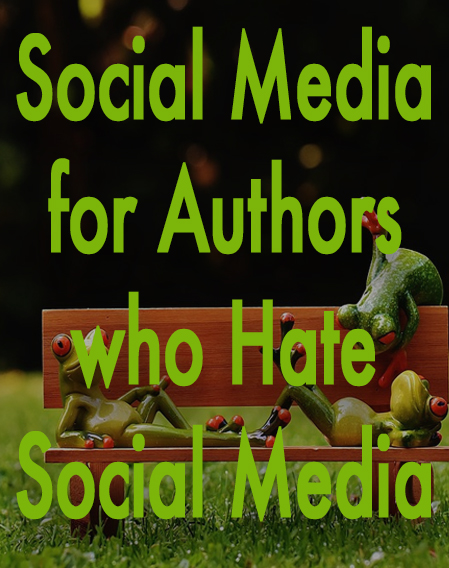


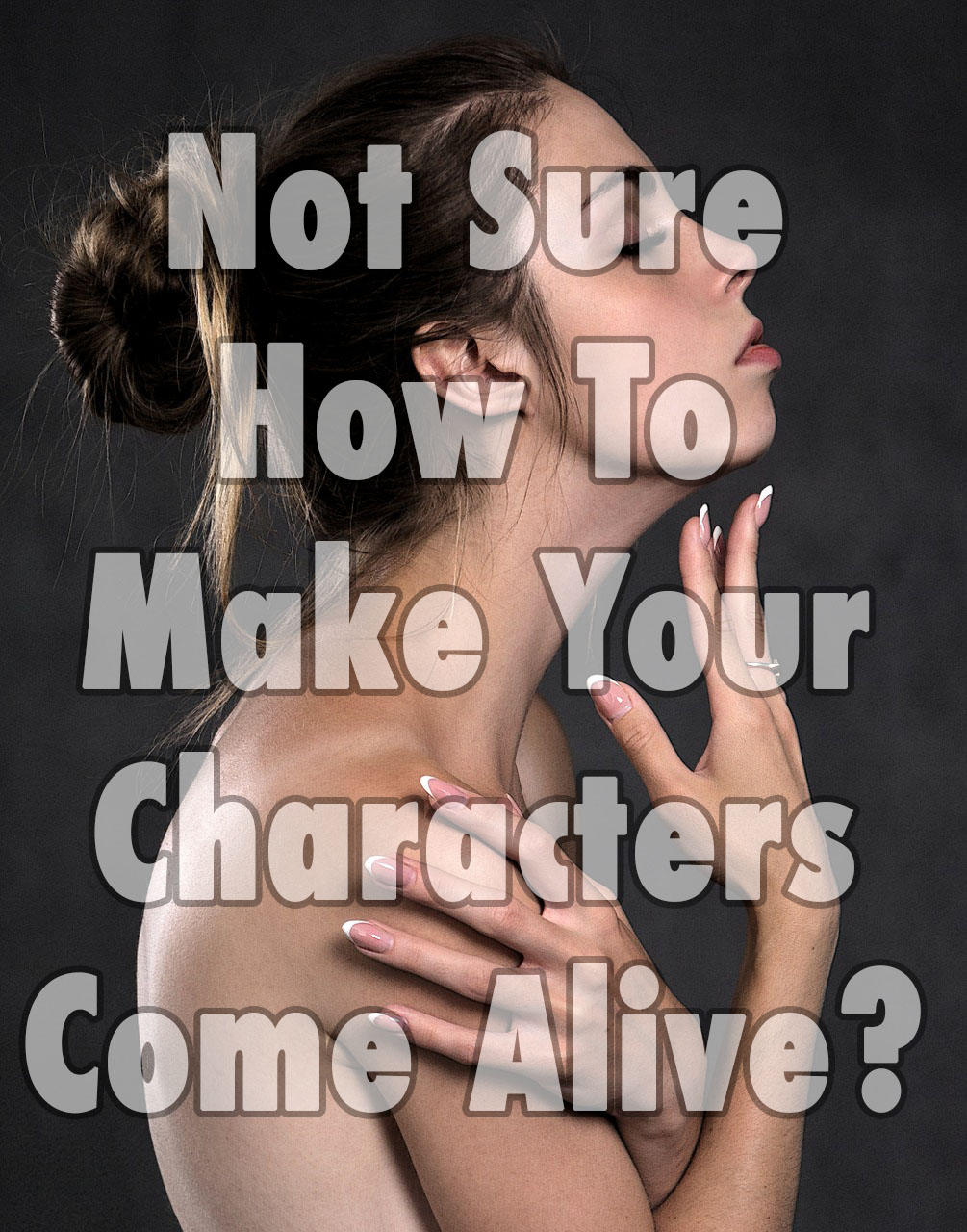
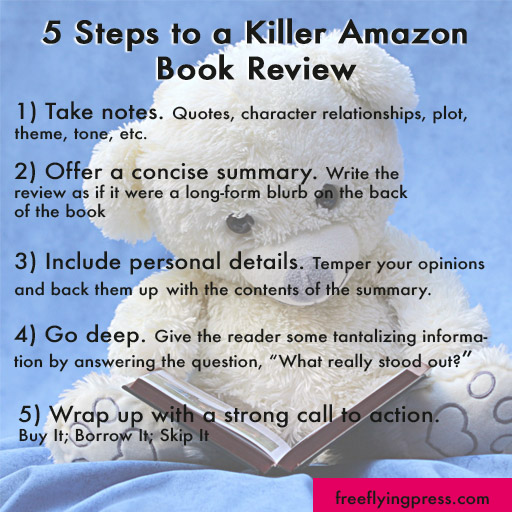





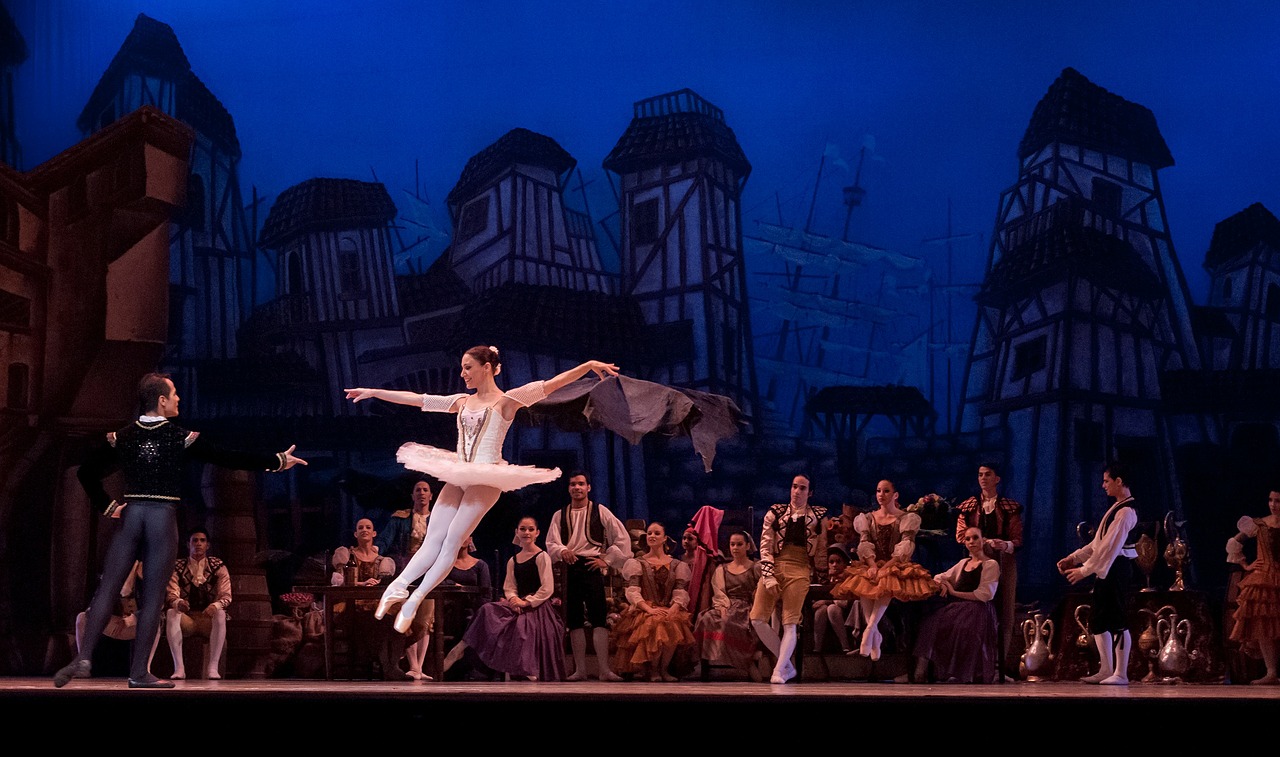






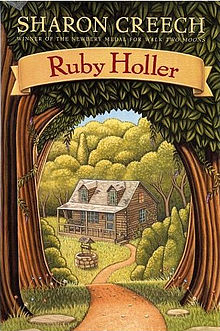
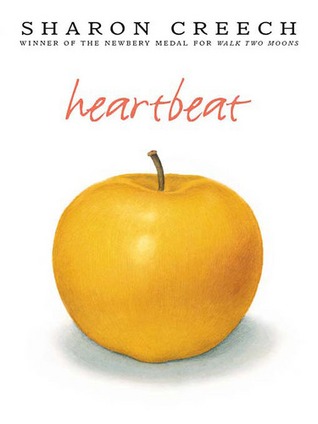
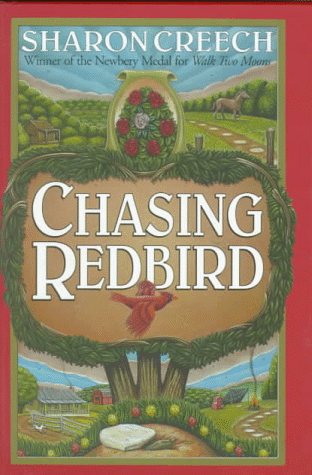
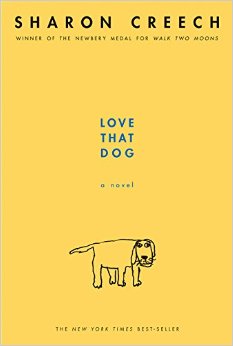



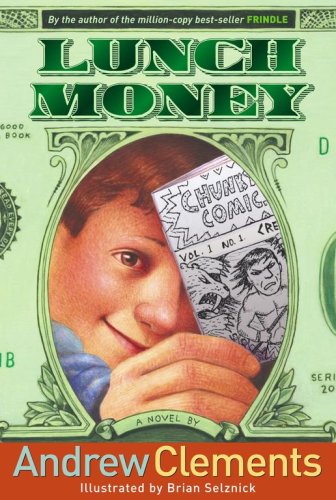


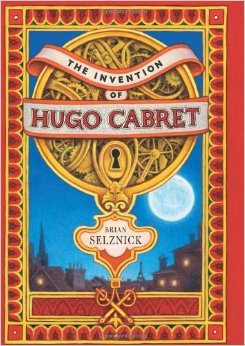

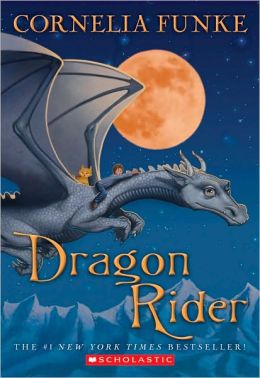




![read quotes from famous authors for writing inspiration [Joss Whedon]](http://static1.squarespace.com/static/582397406b8f5ba7481a59e6/5834b402890b272eff1f0674/5834b40c890b272eff1f06e7/1479848972415/quote1.png?format=original)










